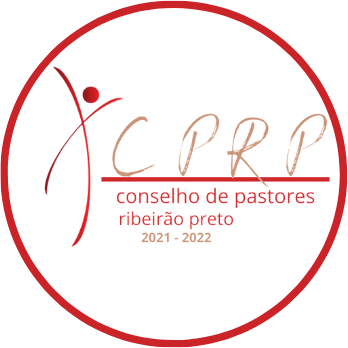Creating an Effective Content Marketing Strategy
In today’s digital landscape, content marketing has become a crucial component of any successful business strategy. With the rise of online platforms and social media, consumers are more likely to engage with brands that provide valuable and relevant information rather than traditional advertising methods. However, simply creating content is not enough – it needs to be well-planned, executed, and optimized for maximum impact.
Understanding the Role of Educational Content
Educational content plays a vital role in establishing your brand as a thought leader and authority in your industry. By providing valuable https://woocasinoonline.nz/en-nz/ insights, tips, and knowledge, you can build trust with your audience and position yourself as a go-to resource for solutions to their problems. This type of content not only informs but also educates, making it an effective way to engage with potential customers.
Types of Educational Content:
- Blog posts : Informative articles that cover topics related to your industry or niche.
- Webinars : Online presentations that offer in-depth information and insights on specific subjects.
- Infographics : Visual representations of data and statistics that make complex information easy to understand.
- Whitepapers : In-depth guides that provide detailed analysis and research on a particular topic.
Optimizing Educational Content for SEO
Search Engine Optimization (SEO) is critical in ensuring your content reaches the right audience. By incorporating relevant keywords, meta descriptions, and optimizing images, you can improve your website’s visibility in search engine results pages (SERPs). This increases the chances of your content being discovered by potential customers.
Keyword Research and Planning
Before creating any content, it’s essential to conduct thorough keyword research. Identify relevant terms and phrases that your target audience uses when searching for information related to your industry or niche. Tools like Google Keyword Planner, Ahrefs, and SEMrush can help you discover valuable keywords and plan your content accordingly.
Meta Descriptions and Titles
A well-crafted meta description and title are crucial in capturing the attention of search engines and potential customers. Make sure your titles are descriptive, yet concise, and include the target keyword. Meta descriptions should provide a summary of the content and entice users to click on the link.
Image Optimization
Images play a significant role in enhancing user experience and improving SEO. Use relevant alt tags, captions, and compress images to reduce file size without compromising quality. This helps improve page loading times and increases the chances of your content being indexed by search engines.
Content Marketing Strategy Implementation
A well-planned content marketing strategy involves creating high-quality educational content, optimizing it for SEO, and promoting it through various channels. Here are some key steps to implement a successful content marketing plan:
- Define target audience : Identify your ideal customer demographic, interests, and pain points.
- Develop content calendar : Plan and schedule content in advance using a content calendar or tool like Trello or Asana.
- Create high-quality content : Use engaging headlines, concise paragraphs, and relevant images to create informative and easy-to-read content.
- Optimize for SEO : Conduct keyword research, use meta descriptions and titles, and optimize images for better search engine visibility.
- Promote content : Share on social media platforms, participate in online communities related to your industry, and consider paid advertising options like Google AdWords or Facebook Ads.
Tracking and Measuring Content Performance
To evaluate the effectiveness of your content marketing strategy, track key metrics such as:
- Website traffic : Monitor the number of visitors to your website using tools like Google Analytics.
- Engagement metrics : Track likes, shares, comments, and other engagement metrics on social media platforms.
- Conversion rates : Measure the percentage of users who complete a desired action after engaging with your content.
Conclusion
A well-planned content marketing strategy that incorporates educational content and SEO optimization can help establish your brand as an authority in your industry. By providing valuable insights, tips, and knowledge, you can build trust with your audience and position yourself for long-term success. Remember to track key metrics and adjust your strategy accordingly to ensure maximum impact.
Best Practices for Content Marketing
- Focus on quality over quantity : Prioritize creating high-quality content that resonates with your target audience.
- Stay up-to-date with industry trends : Continuously monitor and adapt to changes in your industry to maintain relevance.
- Repurpose and reuse content : Transform blog posts into social media posts, or turn presentations into infographics for maximum reach.
Content Marketing Tools and Resources
- Hootsuite : A social media management tool that allows you to schedule and publish content across multiple platforms.
- Buffer : A platform that helps you plan, schedule, and optimize your content across various channels.
- SEMrush : An all-in-one digital marketing suite that offers tools for SEO optimization, keyword research, and competitor analysis.
By following the guidelines outlined above and staying informed about industry trends, you can create a successful content marketing strategy that drives real results for your business.
